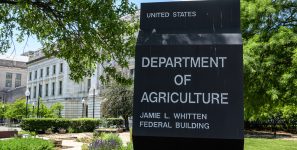Inbound Australian Air Cargo to be Subject to Stricter Inspections
Air cargo bound for the United States from Australia is not currently subject to the U.S. Transportation Security Administration’s requirement that all shipments be examined at the piece level.
However, that situation will soon be changing, after the TSA audited Australia’s National Cargo Security Program (NCSP) and demanded that 100 percent of U.S.-bound air cargo be examined at the piece level. Australia’s Office of Transport Security (OTS) is currently negotiating with the TSA to resolve the issue and the TSA agreed to extend the status quo until July 31.
The OTS recently revealed the outline of its proposal to meet TSA requirements for piece-level examination. It would require a party to either become a known consignor (KC) or to ensure that its goods were subject to an off-airport examination of its cargo. In the absence of one or the other, cargo would not be able to be loaded.
The new program will apply to air cargo touching the U.S., whether or not it is unloaded there. The measures will also be aligned EU and other internaitonal standards. The aim will be for KC freight to be accepted without further screening by airlines.
Piece-level examination for those who are not KCs will be addressed in further regulations to be issued by the OTS which will set out the standards and methods of examination. Businesses providing the examination will be accredited.
The proposal is apparently acceptable to the TSA and the OTS has secured approval from the government of Australia to design and implement the policy. But the Australian government, at least at this point, is not inclined to provide financial assistance to companies affected by the changes.





Leave a Reply